House of Commons Committee ignores the will of the NI Assembly and passes abortion regulations
Abortion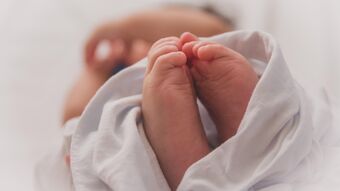
Yesterday in the House of Commons, the Northern Ireland abortion regulations were passed by a Committee.
The regulations introduce a legal framework for abortion in Northern Ireland. They allow for abortion functionally on request up to 24 weeks, and up to birth if the baby has a serious disability. Abortions can also be certified by just one doctor, nurse or midwife up to 12 weeks.
Pro-life MPs speak out
Several MPs spoke boldly about the value of life in the Committee, and how the UK Parliament has ignored devolution and the will of the people of NI.
Jim Shannon spoke of the strength of public feeling on this issue in NI:
Does the Minister recognise the depth of feeling among the community across Northern Ireland? He referred earlier to churches and so on, but he will know that some 20,000 people signed a petition in Northern Ireland. In comparison with the rest of the United Kingdom, that would equate to half a million people on the mainland signing a petition. When it comes to looking holistically across the whole of the community, the number of people who are unhappy with the legislation going ahead is very important. There are indications that some 71% of the population would be unhappy with this liberalisation of abortion going ahead in Northern Ireland.
Ian Paisley described the process by which abortion law was changed as "an affront to the people of Northern Ireland". He commented that the Northern Ireland Assembly have been “denied a vote on the issue.”
Carla Lockhart condemned the idea that the Government have sought a balanced approach in drawing up the regulations:
“There is nothing balanced about what the Government are doing. They are permitting the termination of lives, against the will of the Northern Ireland people.”
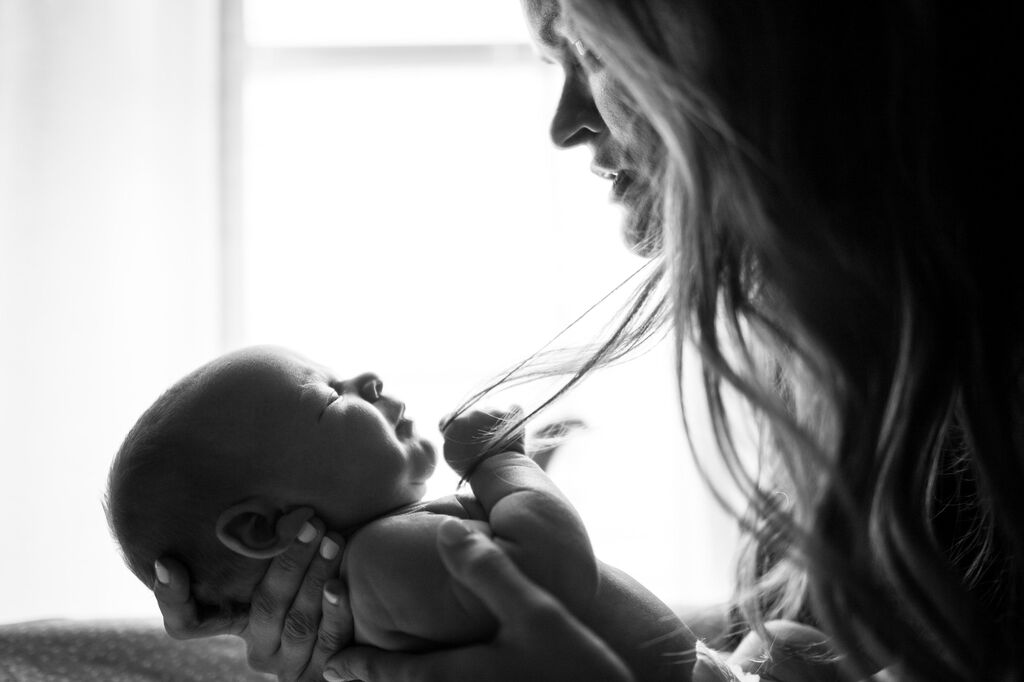
Defending the unborn
Both Ian Paisley and MP and Carla Lockhart MP spoke of the rights of the preborn, who are completely ignored in the regulations:
“This legislation does not protect the rights of women and girls, or of the unborn. It dismisses their rights—that is the fact.”
Carla Lockhart highlighted the reality that there are two lives involved in every pregnancy:
I ask the Committee to take note of the fact that both lives matter. We hear much about women’s health—as a woman, I agree that we need to adhere to women’s health and ensure that they have everything in place to assist them—but both lives matter; there is also a baby in the conversation. I call on hon. Members to hear the silent scream of the baby being terminated
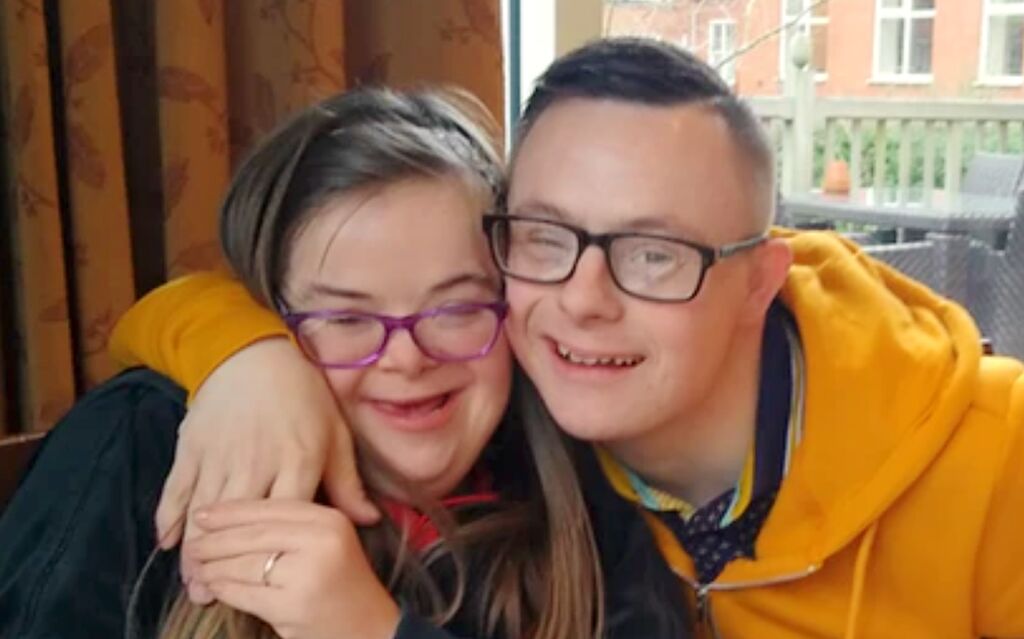
Regulations are discriminatory
Several MPs also spoke of the discriminatory nature of the new abortion framework.
Sir John Hayes MP condemened the provision in the regulations for abortion up to birth for disability. He also paid tribute to a new Bill being introduced by a cross-party group of MPs that seeks to ban abortion for minor, easily correctable conditions such as cleft palate or club foot:
“I find it deplorable that, in contradiction of all the notions of equality that we rightly promote in the 21st century, a child diagnosed with Down’s syndrome, a cleft lip, a cleft palate or a club foot can continue to be aborted. As the hon. Member for Upper Bann said, that clearly discriminates against disabled people. The last time that abortion regulations in England and Wales were examined in real depth was 1990, before the passing of the Disability Discrimination Act 1995 and the Equality Act 2010. That is why, as I said earlier, I am pleased that a Bill is being introduced that will address that inequality.”
Regulations ignore will of NI Assembly
The Regulations were passed despite the fact that the NI Assembly rejected the imposition of abortion legislation in a vote just last week, specifically the provision to allow abortion up to birth for non-fatal disabilities.
Carla Lockhart MP highlighted this to the Minister:
I believe that the crux of this issue is one of respect: respect for devolution; respect for the devolved Assembly; respect for the will of the people of Northern Ireland; and respect for those with disabilities…
My colleagues in the NI Assembly ask for the same. Last week, 75 out of 90 Members of the Legislative Assembly indicated that they did not support abortion for non-fatal disabilities, yet this Government proceed. To borrow a phrase, those 75 MLAs want to “take back control” of abortion law. They want to defend the life of the unborn with a disability.
The Government claimed that the regulations can only be changed by the NI Assembly if they are compliant with the UN CEDAW (the Convention for the Elimination of Discrimination Against Women) Committee’s report on abortion in Northern Ireland. This report formed the basis of the legalisation passed by MPs last summer, imposing abortion on NI.
However, according to an expert legal opinion obtained by CARE, the CEDAW report is non-binding and represents the opinion of a sub-committee of the UN only.
The regulations were also passed despite the fact that an overwhelming majority of those who responded to the public consultation on the new framework – 79 per cent – expressed their opposition to any change in the law on abortion in NI.
The regulations will now move to the House of Lords and will need to be passed there in a committee.

CARE’s View
CARE believes that abortion not only ends the life of a person, but it also does not lead to a society where women truly flourish.
It is tragic that MPs in the House of Commons, the majority of whom do not represent the people of Northern Ireland, passed regulations that mandate the destruction of life and discriminate against people with disabilities.
We want to work for a society where abortion is unthinkable, and women and babies are protected. We will continue to fight the imposition of this law on Northern Ireland alongside the many thousands of people who oppose it. We will continue to seek a better way in every crisis pregnancy in NI: where women are truly supported and cared for, and where babies are protected and given the dignity and rights afforded to all people.
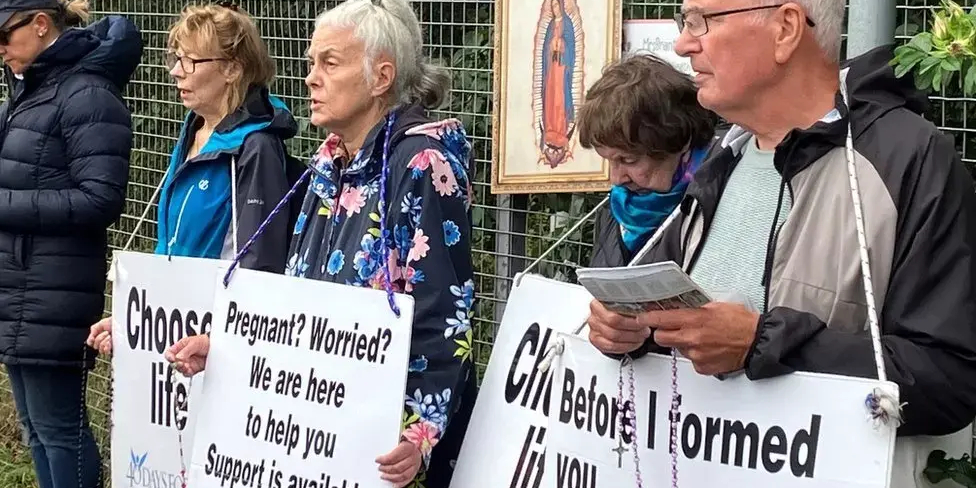

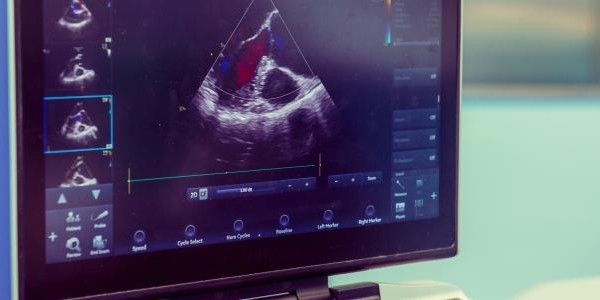
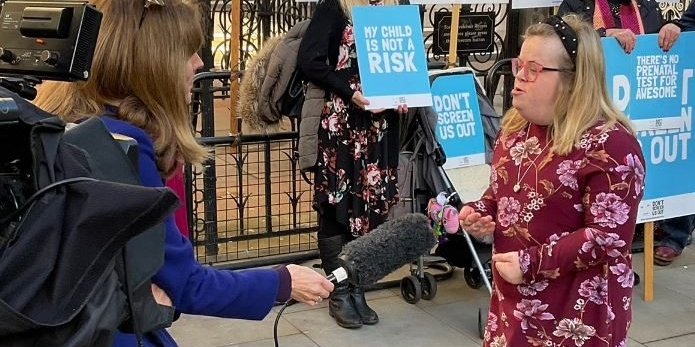

Share story
House of Commons Committee ignores the will of the NI Assembly and passes abortion regulations